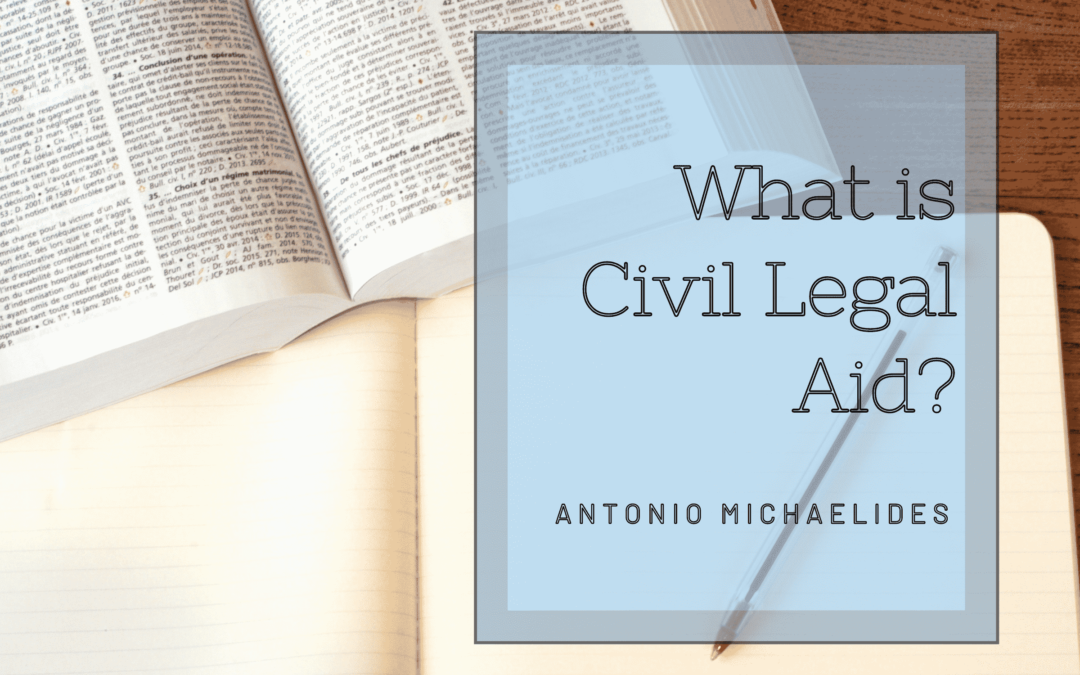If you have a problem that requires the help of a lawyer, you may qualify for free legal representation. The situation must be a civil matter as opposed to a criminal case.
Civil Legal Aid is provided to American citizens who live 125% below the poverty line. It’s a program funded by the U.S. government via the Legal Services Corporation. This is the organization that distributes about 90% of the money appropriated by Congress that is distributed to 134 nonprofit legal aid programs around the United States.
What kinds of issues qualify for free legal help from the Civil Legal Aid program?
Again, this service is not for people who are accused of committing a crime and need representation in court. It’s for matters in gaining access to certain basic needs, such as the school lunch program, FEMA aid, veterans services, SSI, housing issues, Medicaid and more.
People are often denied services like these when they qualify for them. If a particular agency keeps turning away your request, Civil Legal Aid may be the answer for you.
Another key area where Civil Legal Aid helps is with issues of personal safety, such as incidents of domestic violence, elder abuse, child support, keeping kids in school, harassment and more.
A third common use of Civil Legal Ais is to handle situations of employment, such as when you have been denied unemployment benefits, experience unsafe working conditions at a job, tax issues and for protection against consumer fraud, unfair debt collection and managing debt.
The attorneys who work on cases of Civil Legal Aid are those who work pro bono (for free), law schools, court-established services, law school students, legal assistance professionals and others.
Why would a lawyer work for free on these cases? Well, the legal profession has an unwritten rule that strongly suggests that all attorneys donate X amount of their time to help others for free. It’s considered an aspect of their professional development and lawyers bolster their own position within their professional by doing pro bono work. It’s similar to the way other people get credit for doing volunteer work. It’s something that looks great on a resume and bolsters a career.
Also, law school students working toward their degree can get excellent experience in handling real-world cases as they prepare for a career in law.
